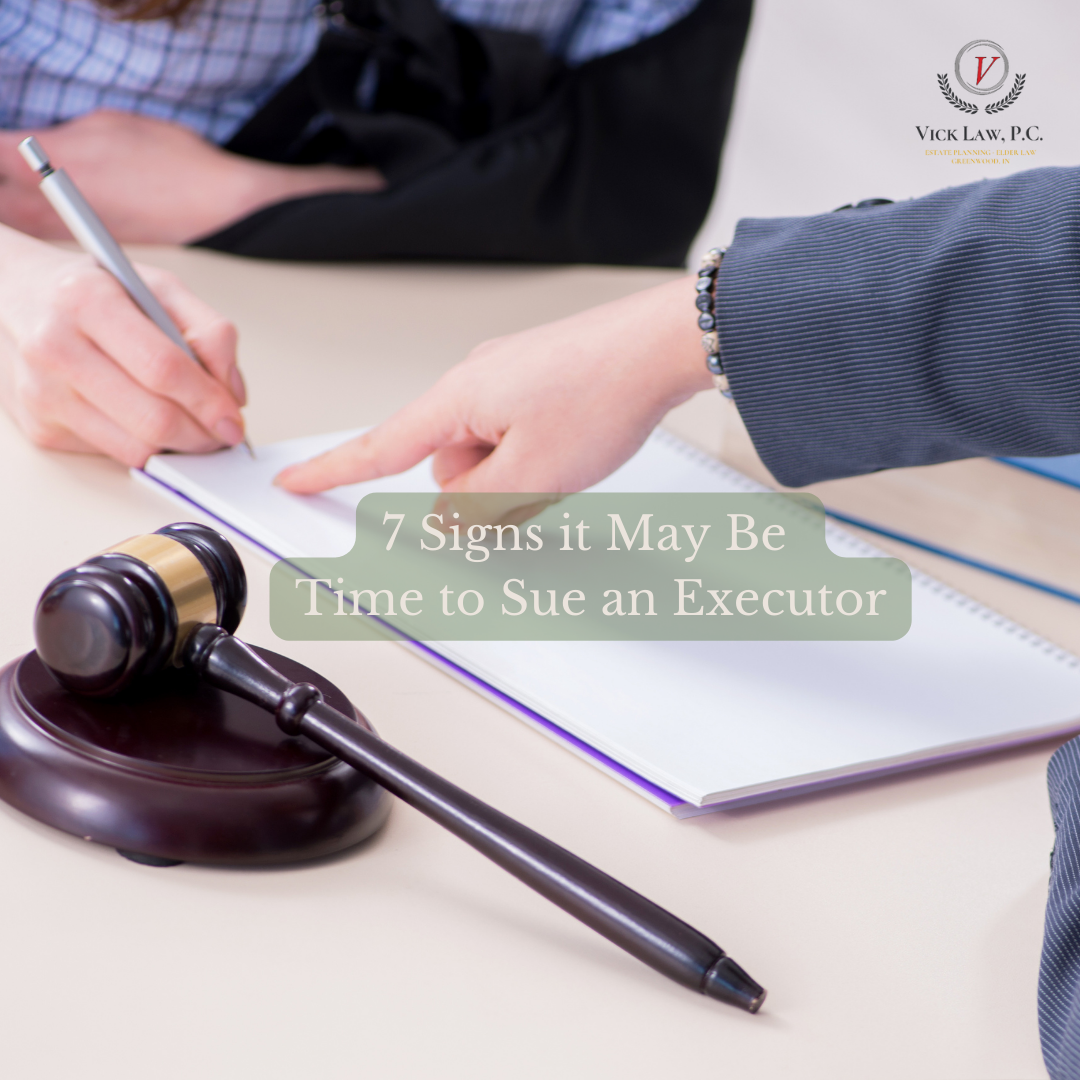When someone dies, an executor is charged with overseeing the distribution of someone's assets according to the will or state inheritance laws if they die without a will, explains, AOL’s recent article entitled, “When Can a Beneficiary Sue an Executor?” . An executor is someone who is appointed either through a will or by the court to oversee the probate process.
An estate beneficiary is a person named in a will to inherit assets from someone else. Beneficiaries and heirs may be the same individuals or different people. A beneficiary is typically named in a will or trust. An heir is a person identified by state inheritance laws as having the right to receive assets from an individual's estate. Heirs are typically the decedent’s spouse, children and other relatives. A beneficiary’s rights include the following:
- Receive assets from the estate of the deceased person that they're entitled to according to the terms of their will or state law promptly;
- Request and receive information about the administration of the estate, including financial details; and
- Ask for the removal of an executor.
Beneficiaries also have the right to sue the executor if they think there’s a breach of fiduciary duty, which requires executors to act in the best interests of the beneficiaries or other persons they represent in financial matters. For a beneficiary to sue an executor, they have to have grounds for doing so. This includes:
- Failing to provide beneficiaries with financial statements regarding the estate when you request them
- Delaying in the distribution of assets without any legal reasoning for doing so
- Appearing to favor one beneficiary over another when distributing assets
- Mismanaging or misusing estate assets for their benefit
- Making risky investments with estate assets
- Failing to meet financial obligations associated with the management of the estate; and
- Having an obvious conflict of interest because they're also a beneficiary of the estate.
Book a call with Vick Law, P.C. today. The attorney can guide you through the estate planning process and help to avoid issues with executors.
Reference: AOL (March 20, 2023) “When Can a Beneficiary Sue an Executor?”

